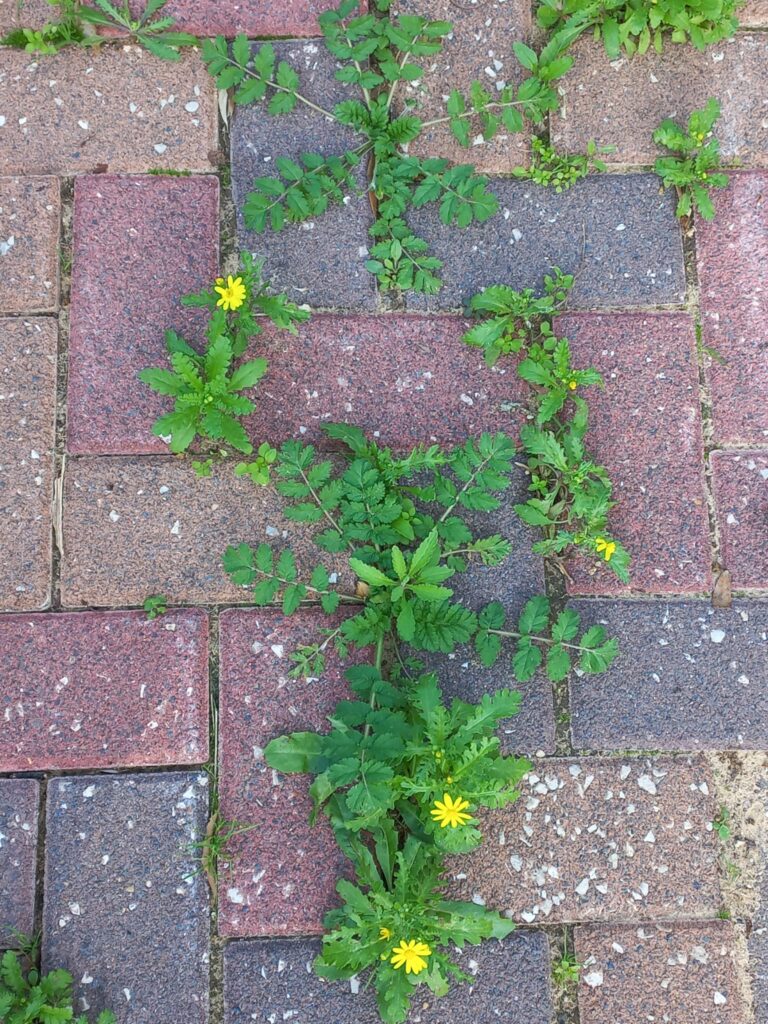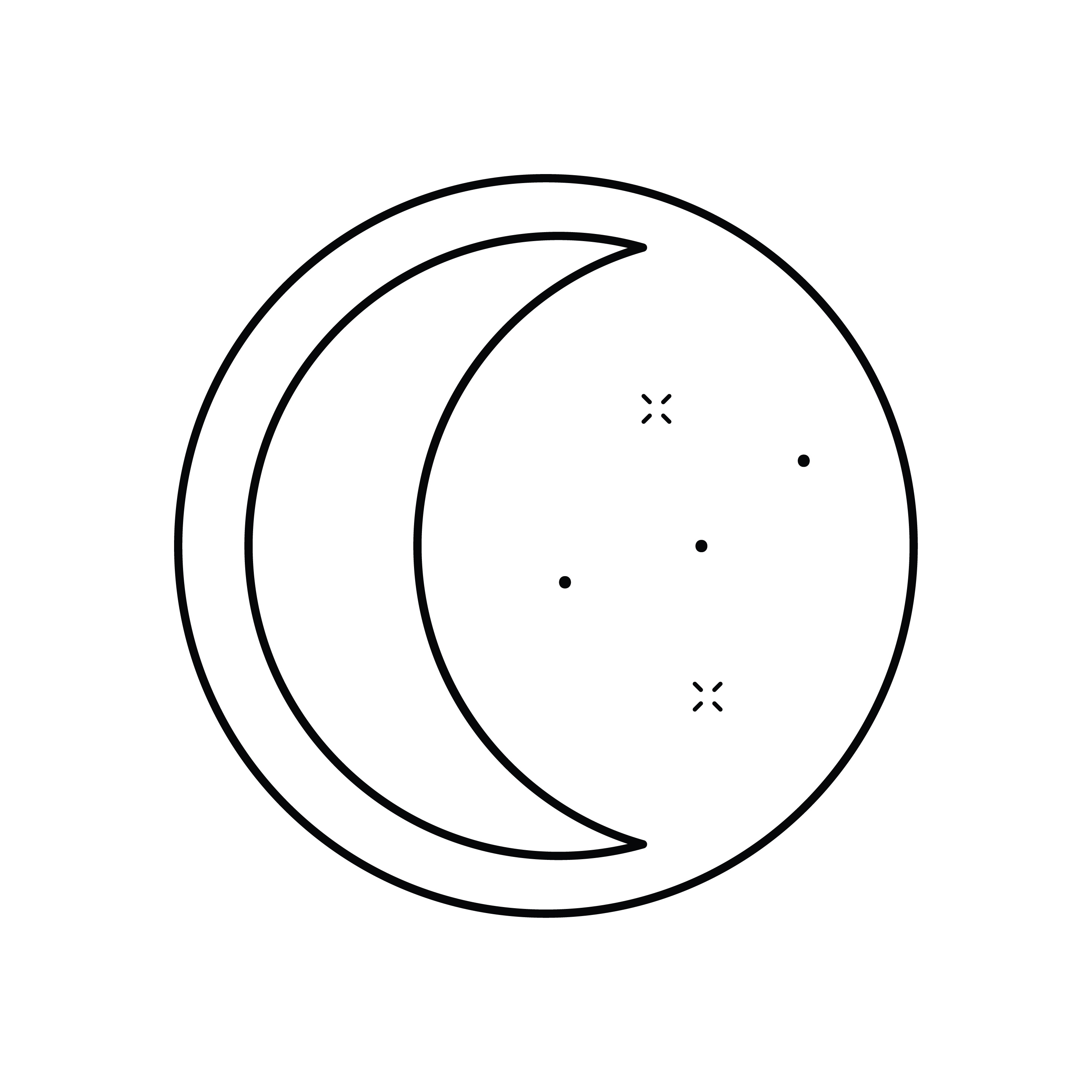
Original post from January 16, 2021
After writing about our culture’s errors in perception and habits of separation, we can start looking at the opposite of separation and how to move in that direction.
Charles Eisenstein adopts Thich Nhat Hanh’s term interbeing to emphasize that our very existence is not independent, but depends on the existence of all other human beings, all that surrounds us and exists within us. We can call the opposite of separation reciprocity, or connection, or belonging, the recognition and the experience that we are not alone, but part of something greater.
Today, science is discovering again what humans have always known – that the whole world exchanges information, or converses – plants, birds, animals, fungi, all in a constant buzzing conversation. We are not the only ones here with intelligence and communication, we just stopped listening and forgot how to understand everyone else. Human language and perspective are unique, but they are not the only ones. Knowing and experiencing connection requires communication, and that starts with listening.
Real listening, with the intention of getting to know and understand the other, in a spirit of curiosity and acceptance, without projecting our opinions, is a neglected skill in our society. It requires us to slow down and also bear with ignorance, to make room to meet someone whose way of being might challenge us. For us, who keep accelerating, it’s difficult to make room for this quality of listening in our lives. But there is nothing as magical asmeeting and communicating with someone completely different, especially someone not human. There is something about meeting another kind of consciousness that is so alive and present that it is magical. In my experience, this kind of communication is the foundation of magic. (This is not just my experience, here is a conversation between Charles Eisenstein and animist and magician David Abram, in which he asserts that interspecies communication is the heart of all magic.) In addition, communication, connection, and the experience of magic, are inexpressibly pleasurable.
We must learn not only to listen “externally” to beings different from us, but also inwardly, to hear what really makes us happy, to what really brings us life and vitality and happiness and joy. Even harder, we must learn to follow this sense, to bring ourselves back again and again from the numbing distractions that saturate our everyday life. On the one hand, it is challenging, because it goes against our habits and those of the society that surrounds us, but on the other hand, the difficulty is only in noticing and making the first movement, because every time we follow that thread we receive a boost of vitality, joy, and meaning. A small exercise to demonstrate this is to step out for a moment from the indoor space that most of us tend to stay in, even just as far as the balcony or outside the door, stop for a moment to inhale fresh air and notice the sky and trees and birds, and feel how this alone increases our sense of vitality, even such a small dose of removing the walls of separation, just for a moment.
In this “togetherness”, we find something that allows us to connect with each other, as part of the same creation. Not in the sense of a great external god who created us all, but in the sense that this world, life itself, is a joint creation – an emergent process – we all create the world together in every moment, in both the most material and the most spiritual sense. The joint action of all of us – including, perhaps especially, the collective of the tiniest microorganisms, all the way to human society with its prevailing concepts – create the world, determining what its character will be. The question for us as humans is what guides us in this creation. Is it a deep listening to the world and a desire for connection? Do we create out of wakefulness or habit, out of connection or separation, out of love or out of fear? In other words, are we creating a world of love and connection or of fear and competition? The means dictate the ends,* the place from which we operate determines what we will achieve.
And when we connect, we’re not left carrying all the responsibility alone; we find myriad sources of information and inspiration, myriad allies, both outside and within ourselves.
*I wrote this shortly before encountering Gandhi’s quote, “The end is inherent in the means.” But it became clear to me years previously from the study of magic.
